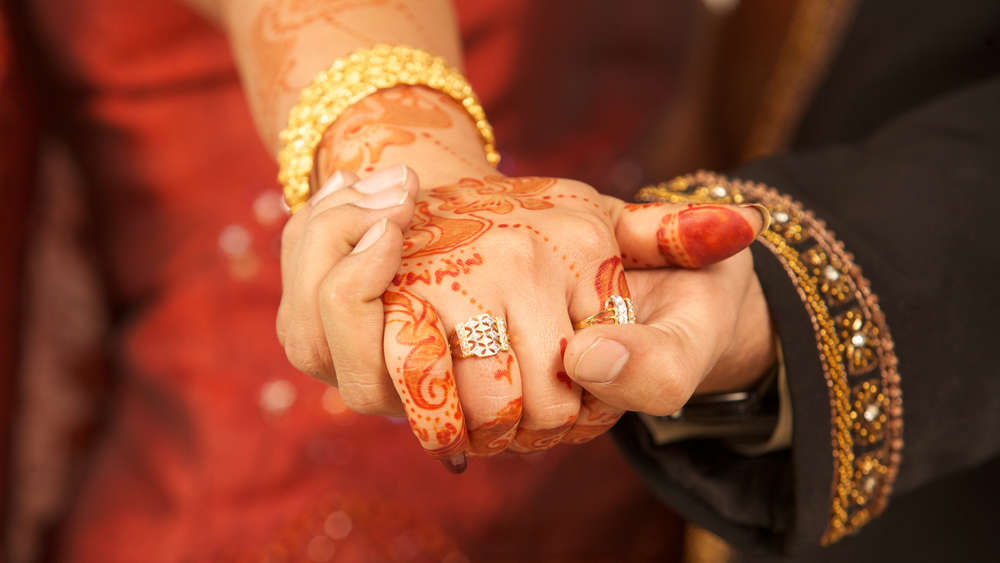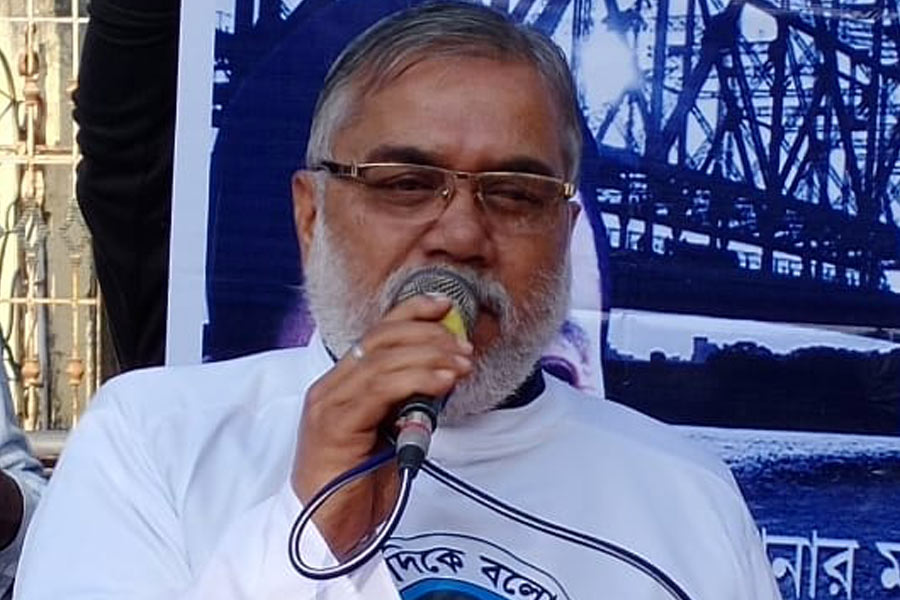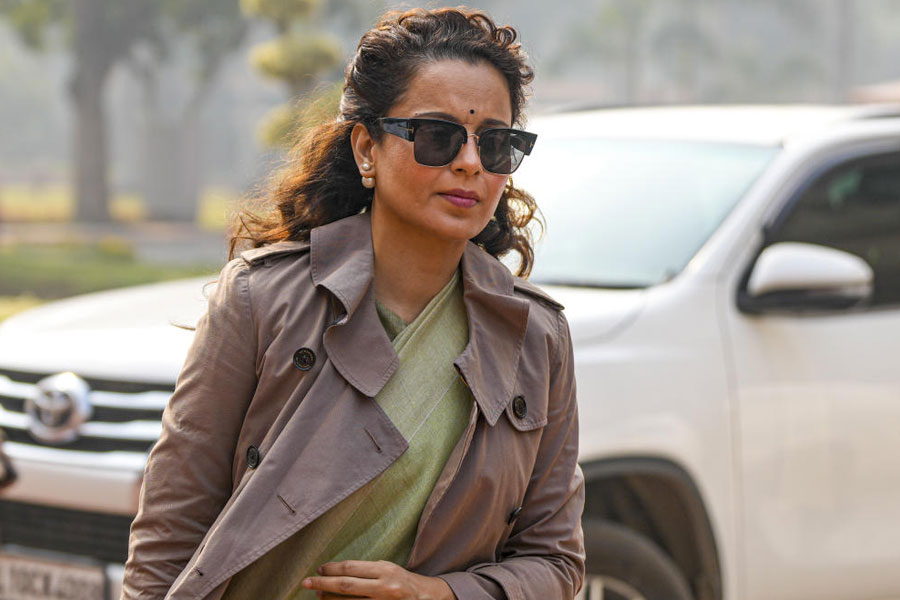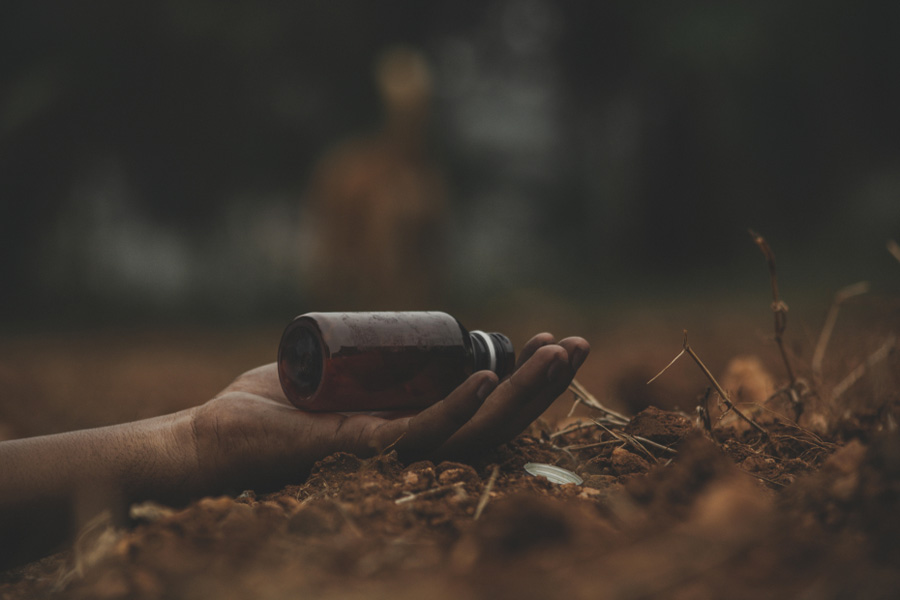They left the religion column blank while admitting their kids to school. Their daughter uses both their surnames. Another couple did not give any surname to their daughter.
Two Hindu-Muslim couples spoke about their lived experiences at an online discussion on December 23. They said they did not want their children to grow up as people belonging to any particular religion and that their marriage and living together bore testimonies that love was bigger than the boundaries set by dogmatic religionists.
Sharmila Ghosh, 44, and Rafiuddin Ahmed, 45, both school teachers, have named their daughter Pratham Pratishruti after Ashapurna Debi’s Bengali novel of the same name.
“We did not want our daughter to have a name or a surname that would tell her religion. We did not want to give people a chance to know what her religion is, so we named her Pratham Pratishruti,” said Ghosh.
“It was also like my husband and I fulfiling the promise we made to each other, of marrying despite all difficulties,” she said.
Ghosh and Ahmed were teachers in a school in South 24-Parganas’ Kakdwip. They got married in 2004 and had to face a groundswell of opposition from colleagues and family. “My parents were opposed to our relationship. Both Rafi and I were ostracised by many of our colleagues in school. I was suspended citing indiscipline. But there were some colleagues who stood by us. We lived in the house of one of our colleagues because it was impossible to get a house on rent,” Ghosh.
“My parents neither opposed nor came forward and showed their support. They were indifferent,” said Ahmed.
Ahmed was even thrashed by people in the area who were opposed to the marriage.
“The local journalists helped us a lot. One of them informed Mahashweta Debi, who spoke to the local administration,” said Ghosh. Police had to escort the couple out of Kakdwip.
Things turned for the better after some years. The couple now lives with Ghosh’s parents in Calcutta. Both teach at a city school.
“My parents sort of accepted the relationship after our daughter was born. Now Rafi and I look after them,” said Ghosh.
The journey from college buddies to married couple for freelance writer Masuma Parveen, 38, and journalist Amitava Gupta, 40, stood in stark contrast to Ghosh and Ahmed’s experience. Parveen and Gupta did not face any opposition from family and friends.
They, too, did not write any religion while filling their 10-year-old daughter’s school admission form. “Our daughter writes Parveen Gupta as her surname,” said Parveen.
She ascribed a combination of a patriarchal mindset and insecurity of the majority community to them not facing any trouble in getting married.
“Patriarchy sees wives as properties of their husbands. A Muslim woman coming into the Hindu fold is accepted because it satisfies the majority community’s patriarchal mindset. But it is not accepted when a Hindu woman marries a Muslim man,” she said.
“Besides, we were lucky to have friends and families who were not bothered about religion,” she said.
The discussion was organised by Ebong Alap, a voluntary organisation working on issues like gender and social harmony. These stories need to be told and retold to counter the narrative of divisive politics. These are stories that broke barriers of religion, said one of the moderators.
To the kids, their parents’ dual religion has given them reason to celebrate more occasions.
The children wear new clothes and feast during Durga Puja as well as Id with the same fervour, the couples said.
Did the couples ever bring up religion during the nasty fights that all married couples go through, did one tell the other ‘All Hindus are like this or all Muslims are like this?’ asked a listener.
“Neither of us ever brought religion into our fights. I think doing that would be foolish because we agreed to live with each other knowing well that we belonged to different religions,” said Parveen. Sharmila and Rafiuddin nodded with smiles on their faces.











